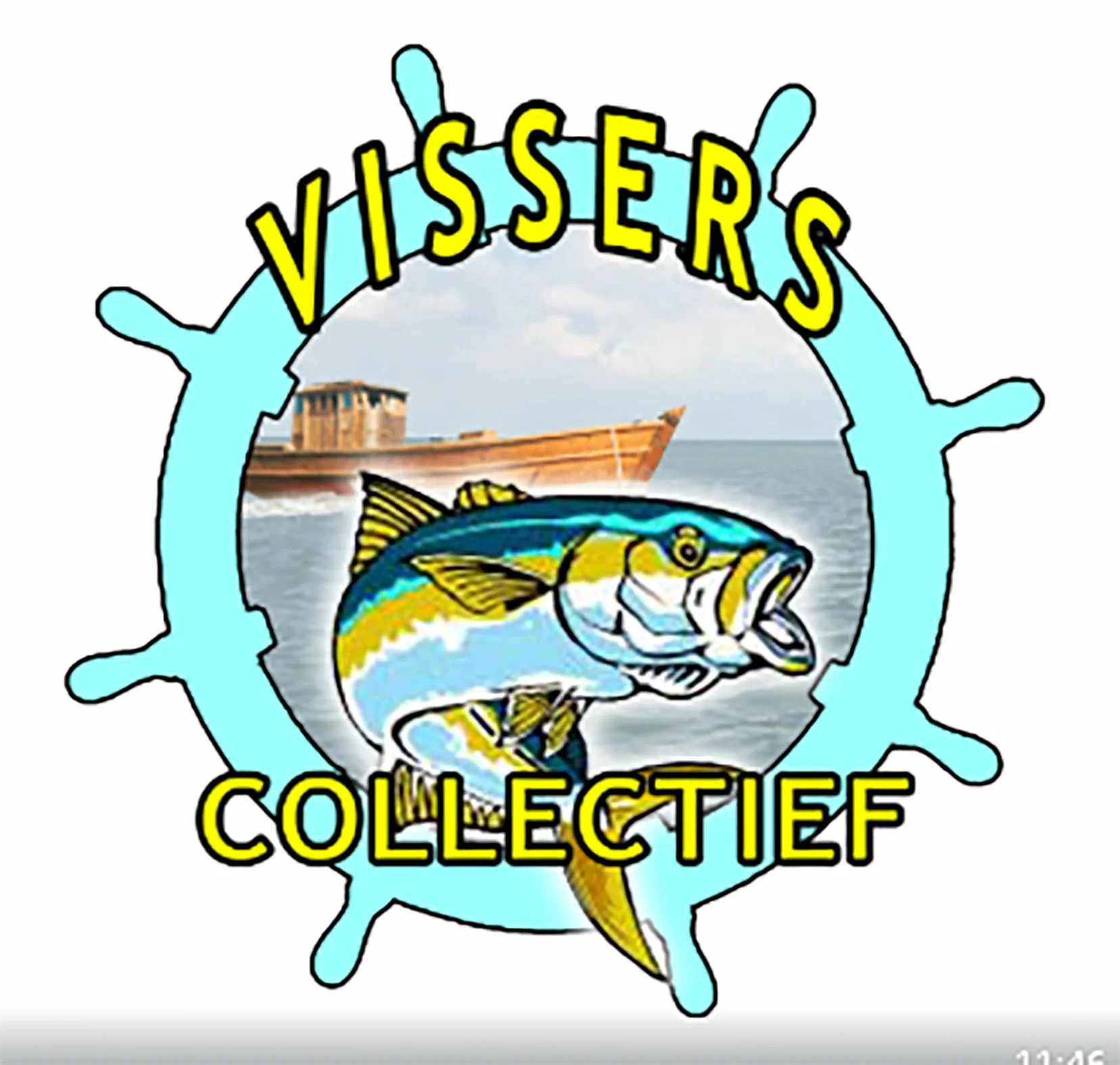Suriname’s once-thriving fishing industry is now grappling with severe challenges, positioning itself as one of the most fragile links in the agricultural chain, according to the Fishermen’s Collective. The sector is under intense international pressure to meet stricter standards for sustainable and transparent fishing practices, with Suriname being closely monitored. Illegal fishing has emerged as the most significant threat to the industry’s future, prompting repeated warnings from European buyers. They have emphasized the need for stricter enforcement to avoid potential export bans to Europe and other key markets. The collective has stressed that offenders must be held accountable, as the consequences of an export prohibition would be catastrophic. Europe and North America have placed Suriname’s fishing practices under a microscope, demanding precise documentation of catch origins and measures to protect fish species and habitats. Non-compliance, including illegal fishing or mishandling of protected species, could result in severe repercussions, such as export restrictions. Meanwhile, fishermen, processors, and exporters are struggling with rising operational costs, including fuel and electricity prices, while government support remains largely absent. Although the president expressed a positive outlook during earlier discussions with the new administration, tangible measures are yet to materialize. A recent meeting between the Fishermen’s Collective and the parliamentary committee on Agriculture, Livestock, and Fisheries highlighted critical issues, including maritime safety, licensing policies, outdated legislation, and the surge in illegal fishing. Despite the grim outlook, the collective remains hopeful, citing Suriname’s rich fishing grounds that can meet local food needs and contribute to economic growth—provided the sector is protected and managed sustainably. The collective anticipates that the Ministry of Agriculture, Livestock, and Fisheries will soon introduce clear policies to address current challenges and provide meaningful support to the industry, ensuring the responsible use of the nation’s natural resources for present and future generations.
